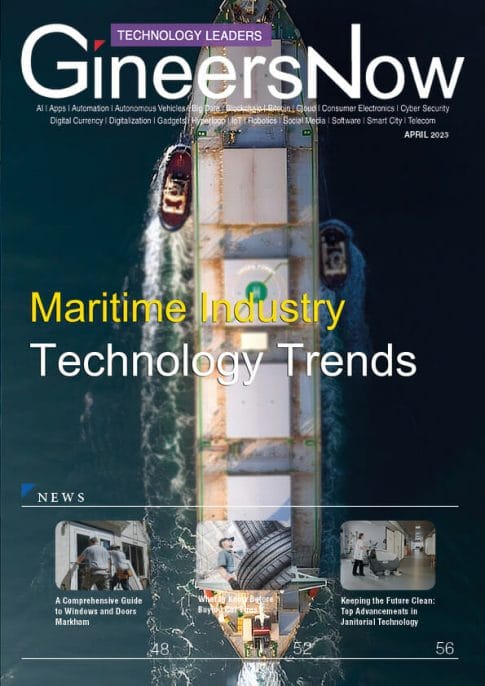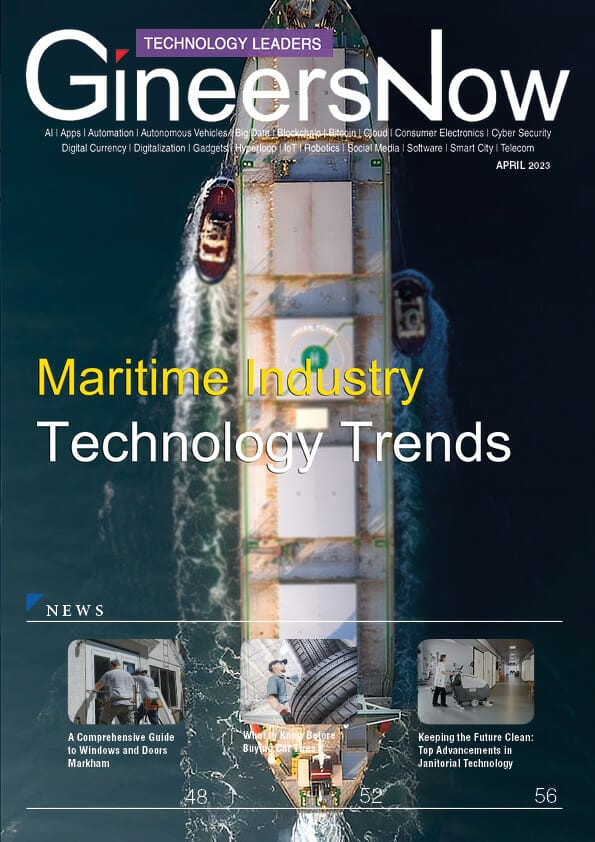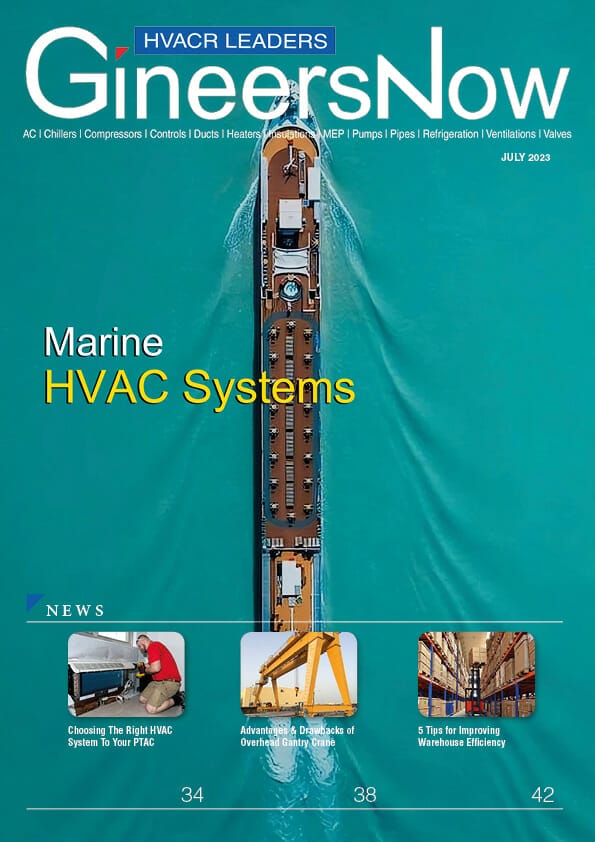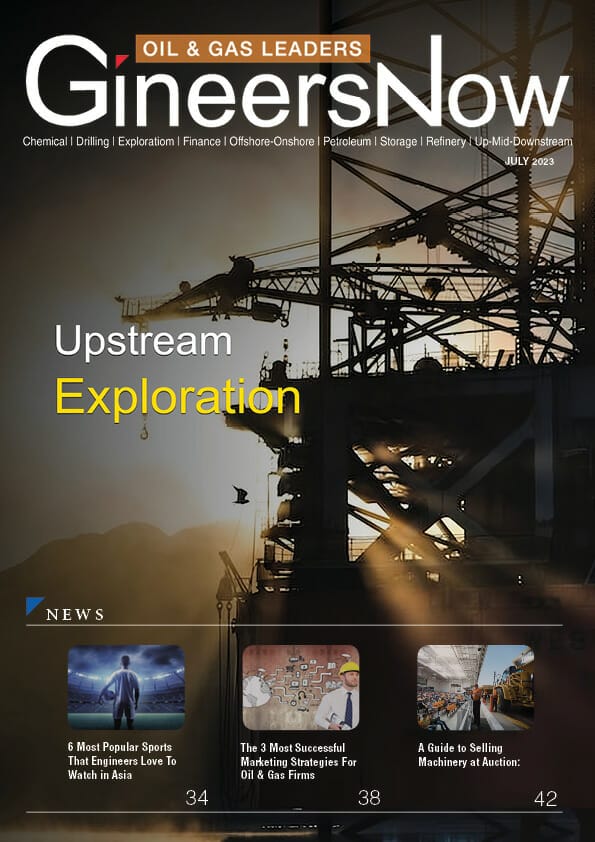The maritime industry is an ever-evolving sector that relies heavily on technology for its day-to-day operations. In recent years, the industry has seen a number of technological advancements that have disrupted traditional methods of operation and changed the way companies do business. This article will discuss the latest technological trends in the maritime industry and how they are transforming operations. It will cover digitalization, automation, advanced analytics, and data security topics.
Maritime Industry Overview
The maritime industry is a crucial aspect of global trade, accounting for over 80% of international trade. The sector employs millions of people and contributes significantly to the world economy. Technological advancements in recent years have brought significant changes to the industry, from automated ports to electric propulsion systems. These trends continue to shape the future of the maritime industry.
One major trend in maritime technology is automation. With an increasing demand for efficiency and safety, ports worldwide are investing in automated systems that can handle cargo with minimal human intervention. Automated cranes and container handling equipment are already in use at several major ports globally, minimizing turnaround time and reducing operational costs.
Another technological trend shaping the maritime industry is electric propulsion systems. With an emphasis on reducing carbon emissions, shipbuilders are increasingly turning towards electric propulsion as a viable alternative to traditional diesel engines.
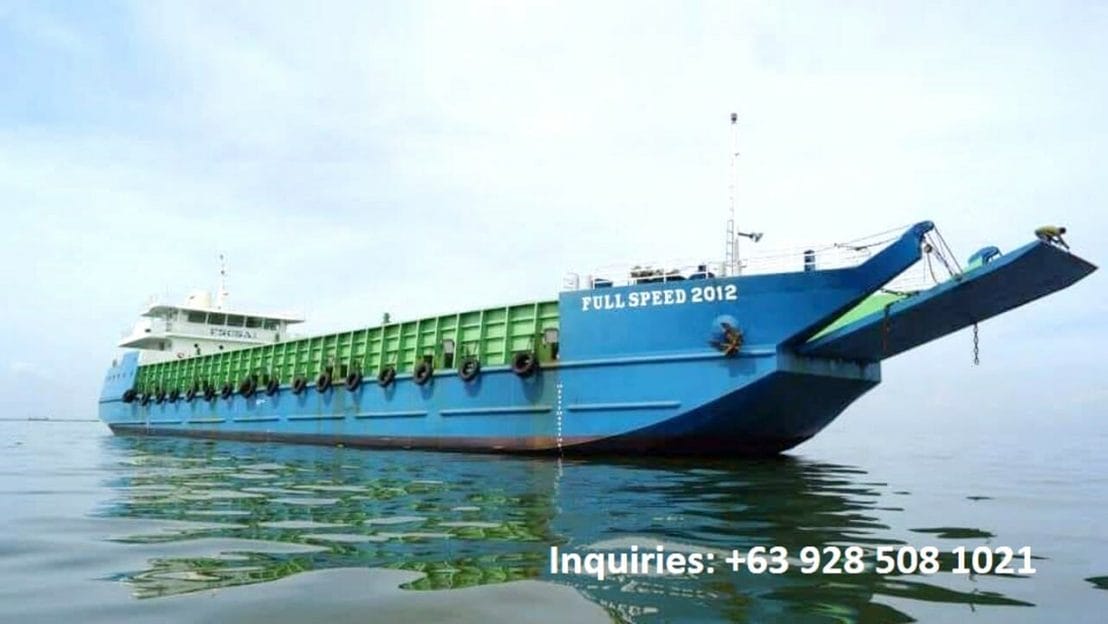
Autonomous Vessels: The Latest Maritime Industry Technology Trends
The maritime industry has always been a vital element of global trade, and it is continuously evolving to keep up with the demand for faster, more efficient transportation. One of the most significant trends in the industry today is connected ecosystems – a network of interconnected elements that work together seamlessly to optimize vessel performance, safety, and efficiency. With advancing technology and innovative solutions on the rise, it’s exciting to see how these modernization efforts are shaping the future of shipping.
One example of this trend is smart shipping systems that utilize sensors and data analytics to monitor every aspect of a vessel’s operations in real-time. This allows for precise decision-making when it comes to optimizing fuel consumption or navigating through challenging weather conditions. Additionally, connected ecosystems can improve communication between vessels and shore-based teams by providing instant access to critical information such as weather patterns or port congestion levels.
Remote Monitoring: The Latest Maritime Industry Technology Trends
The maritime industry has been revolutionized by technology, and the latest trend in this sector is remote monitoring. Remote monitoring involves using sensors, software, and communication networks to gather and analyze data on ships’ performance in real-time. This technology offers ship owners and operators several benefits, including improved safety, fuel efficiency, and cost-effectiveness.
One significant advantage of remote monitoring is its ability to detect potential problems before they become critical. For instance, sensors can detect changes in temperature or pressure levels that may indicate a malfunctioning engine or other equipment. This information can be relayed back to the crew or shore-based personnel, who can take corrective action immediately. The result is reduced downtime for repairs and increased safety for the crew.
Another benefit of remote monitoring is its ability to optimize a vessel’s performance while reducing fuel consumption.
Artificial Intelligence: The Latest Maritime Industry Technology Trends
Artificial Intelligence has been making waves in the maritime industry, and it’s set to be one of the most significant technology trends that will shape its future. From autonomous ships to predictive maintenance, AI is transforming the way we navigate, operate, and manage vessels. As a result, businesses are investing millions into developing smarter systems that can perform tasks faster and more efficiently than ever before.
One example of AI’s impact on the maritime industry is vessel monitoring. With sensors placed throughout ships, real-time data can be collected around fuel consumption, weather conditions, and other performance metrics. This enables shipping companies to make smarter decisions about how they allocate resources like fuel or crew members. Additionally, machine learning algorithms can predict when maintenance should occur based on historical data patterns and alert crews before critical issues arise.
Another example of AI transforming the maritime industry is autonomous vessels. This technology is well-suited to applications like unmanned ports, mines, and other areas where the presence of humans may not be as critical.
Communication and Cybersecurity: The Latest Maritime Industry Technology Trends
In today’s digital age, the maritime industry is relying more heavily on technology than ever before. With this increased dependence comes a heightened need for cybersecurity measures to protect sensitive information and ensure safe communication between vessels and shore-based headquarters. The latest trends in maritime industry technology focus on improving communication channels while simultaneously implementing robust cybersecurity measures.
One such trend is the use of satellite communications technology to enable real-time updates between vessels and shore-based operations centers. This technology enables instant messaging, voice calls, and data transfers through encrypted channels. Additionally, advances in autonomous vessel control systems are being implemented to minimize human error during critical decision-making processes.
To combat cyber threats, the maritime industry is also introducing new security protocols that include firewalls, intrusion detection systems (IDS), and encryption technologies. These security measures help prevent unauthorized access to sensitive data by hackers or malicious actors looking to exploit vulnerabilities in a ship’s network infrastructure.
Automated Logistics: The Latest Maritime Industry Technology Trends
The maritime industry is constantly evolving, with new technologies being developed and adopted at a rapid pace. One of the most exciting areas of innovation in this sector is automated logistics. This cutting-edge technology promises to transform the way goods are transported across the sea, making supply chains faster, more efficient, and more cost-effective than ever before.
One key trend in automated logistics is the use of autonomous vessels. These advanced ships are capable of navigating themselves along predetermined routes, using sophisticated sensors and software to avoid obstacles and make course corrections as needed. By eliminating the need for human crew members on board, these vessels can operate around the clock without interruption, delivering goods faster and more reliably than traditional ships.
Another major development in maritime industry technology trends is the use of blockchain-based systems for managing shipping data.
Connected Ecosystems: The Latest Maritime Industry Technology Trends
The maritime industry is no stranger to adopting new technologies. In recent years, the industry has undergone a significant transformation with the implementation of advanced technologies that have paved the way for more efficient and sustainable shipping practices. As we move forward into 2021, it’s clear that connected ecosystems are one of the latest technology trends that are driving innovation in this sector.
Connected ecosystems refer to interconnected systems that enable real-time communication between different stakeholders within the maritime industry. By using data analytics and artificial intelligence (AI), these systems can help optimize shipping operations and improve safety measures. For example, connected ecosystems can provide ship captains with real-time weather updates, enabling them to make informed decisions about their routes and avoid potential hazards.
Another benefit of connected ecosystems is that they can enable better collaboration between different stakeholders in the supply chain.
Takeaway: The Latest Maritime Industry Technology Trends
In conclusion, the maritime industry is ever-evolving, and staying up to date with technology trends is essential for any maritime business. Automation, digitalization, and data-driven decision-making are the primary driving forces in this space. Technological advances have helped reduce costs, save time, and improve safety standards. As we move forward, it is important to invest in innovative solutions that can help increase efficiency while avoiding unplanned downtime.
Read GineersNow’s Technology Magazine for FREE
Editor’s Note
This issue is dedicated to my best friend, that curly-haired human being who has guided me since the 90s.
The maritime industry is experiencing a technological revolution, with new trends and innovations emerging every day. Maritime technology is no longer limited to just navigation systems and communication devices; it now encompasses a wide range of advanced solutions that are transforming the way ships operate. From automation to big data analytics, the maritime industry is adopting new technologies at an unprecedented pace.
One of the most significant trends in maritime industry technology is automation. Automation has the potential to improve efficiency and safety by reducing human error and increasing productivity. Automated systems can perform tasks more quickly than humans and can work around the clock, resulting in faster turnaround times for shipping companies. In addition, automation reduces the risk of accidents caused by fatigue or human error, making shipping safer for crew members and passengers alike.
Another trend in maritime industry technology is big data analytics. Big data analytics allow companies to process large amounts of data quickly and efficiently. This technology has the potential to improve decision-making and increase efficiency. The maritime industry is highly dependent on information technology, and the ability to use big data analytics will have a major impact on the future of maritime industry operations.
The maritime industry has seen significant advances in technology trends over the years. From increased automation to big data analytics, modern ships are now equipped with sophisticated systems that allow for greater efficiency and safety. Technological advances in the maritime industry are likely to continue as technological capabilities improve, allowing companies to operate vessels more economically and safely. The trend of leveraging technology to increase efficiency and reduce emissions will also continue, bringing many benefits to the environment.
